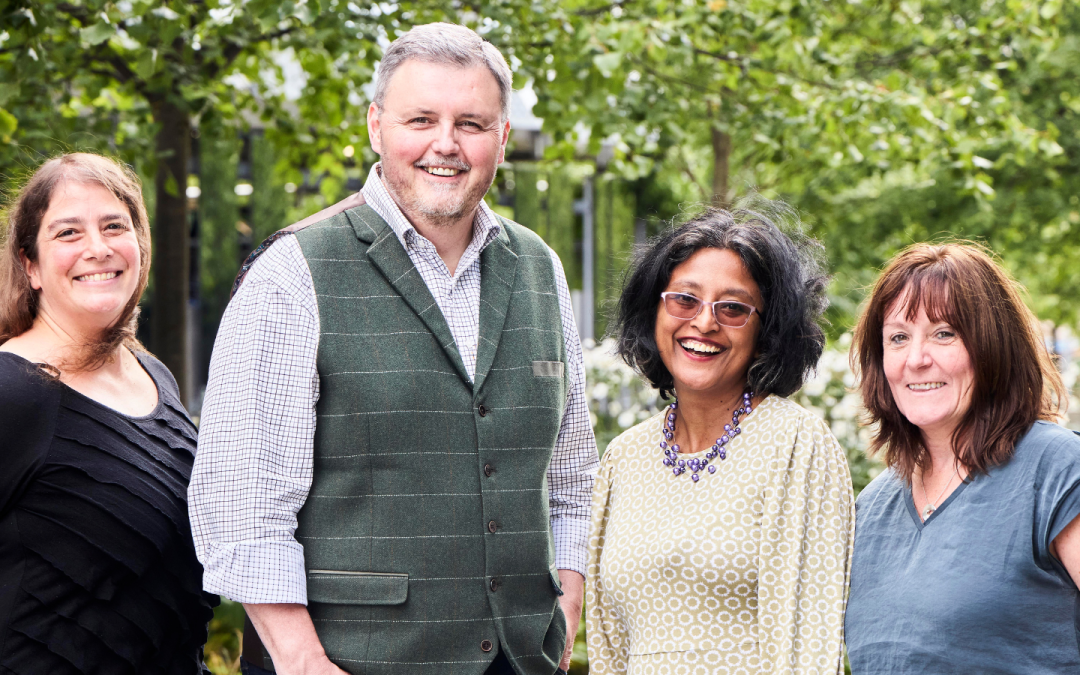The University of Leeds has revealed that it will head up a £38 million alternative protein centre over the next five years.
The UKRI Biotechnology and Biological Sciences Research Council (BBSRC) and Innovate UK have unveiled £15 million in funding over the next five years for a National Alternative Protein Innovation Centre (NAPIC), with the remainder of the support coming from partners.
The centre will be hosted by the University of Leeds and co-led by the James Hutton Institute, the University of Sheffield and Imperial College London. The researchers said they would aim to create a “pan-UK innovation centre” to secure a continuous supply of tasty, affordable and healthy proteins, which also “support Net Zero goals and futureproof the UK’s food and animal feed security”.
Over 30 researchers from the four institutions and more than 120 NAPIC partners will reportedly work closely with industry, regulators, investors and policymakers to create a “vibrant alternative protein innovation ecosystem” and produce a “clear roadmap” for the development of a National Protein Strategy for the UK.
Professor Anwesha Sarkar, director of research and innovation for Leeds’ School of Food Science and Nutrition, is the project leader for NAPIC. She said: “Population-level access to, and acceptance of, alternative proteins is currently hindered by a highly complex marketplace, and there are worries about taste, nutritional equivalence and cost, as well as health and safety concerns for consumers and the fear of diminished livelihoods for farmers.
“NAPIC will provide a robust and sustainable platform for open innovation and responsible data exchange and collaboration with partners from industry, regulators, academic partners and policy makers that mitigates the risks associated with this emerging sector, and also addresses the short- and longer-term concerns of consumers and producers.”
Professor Sarkar will be joined by three other project leads, which include: Professor Derek Stewart of the James Hutton Institute; Professor Karen Polizzi, Imperial College London; and Professor Louise Dye, co-director of the University of Sheffield’s Institute for Sustainable Food and NAPIC.
The project researchers said it could be a “true catalyst to realising a projected UK growth potential in alternative proteins of £6.8 billion annually”.









